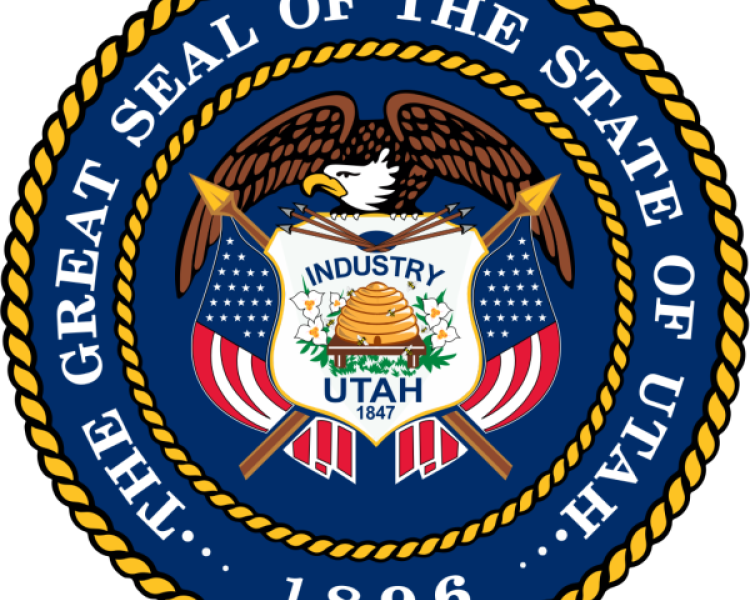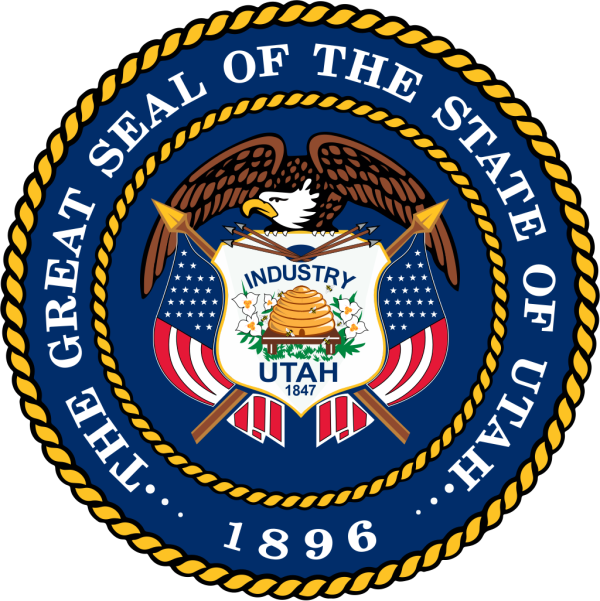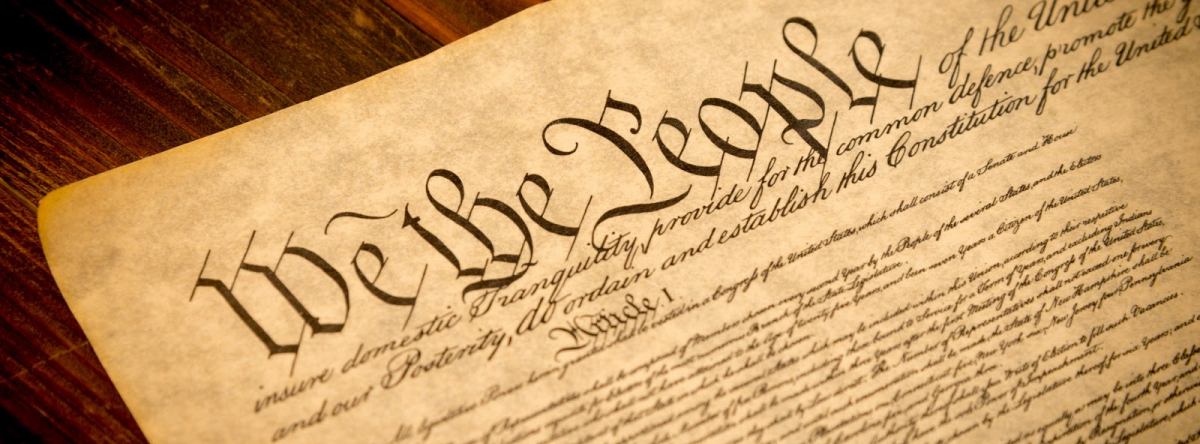Last week, the Public Interest Legal Foundation (PILF) filed a federal lawsuit against Utah Lieutenant Governor Deidre Henderson, alleging violations of the National Voter Registration Act (NVRA). The complaint, filed on behalf of a 2024 Utah Governor Candidate, former Republican State Rep. Phil Lyman, claims Henderson refused to provide access to the statewide voter file, which PILF argues is a public record under the NVRA. The lawsuit seeks to require Utah to release these records to promote election transparency and integrity.
Utah does not have a Secretary of State. Instead, the duties are managed by the Lieutenant Governor, who oversees elections and is the Chief Election Officer.
PILF alleges the state is in clear violation of the NVRA and that Utah’s election secrecy laws are among the most extreme in the country. In some counties, more than a third of voter roll records are hidden from public inspection.
“Utah must open its voter records to the public,” said PILF President J. Christian Adams. “We’ve won these types of cases in Illinois, Maine, and all across the country. We expect the same outcome here.”
The lawsuit comes after months of unsuccessful attempts to obtain voter maintenance records through public information requests. PILF and Lyman issued a formal 90-day notice of noncompliance to Utah officials earlier this year. That deadline expired without resolution.
In a June 6 X post, Lyman said: “Today, I took action to ensure Utah’s elections are more transparent. At a press conference on the steps of the state capitol, I announced a major lawsuit against Lt. Gov. Deidre Henderson, who has been hiding key portions of the voter roll from the public in defiance of basic transparency principles and federal law. Henderson has decided that while YOU can’t see these voter rolls, politically connected elites can see whatever they want. It’s a two-tiered system, and it’s radically unfair. Instead of protecting election integrity, the Lt. Gov. has chosen secrecy. I’m not letting that stand. So, I teamed up with the PILF to fight back. They’re helping me sue Lt. Gov. Henderson to force her to follow the law and make our elections transparent.”
PILF says the voter file is critical for identifying potential issues, such as duplicate registrations or ineligible voters, to ensure accurate voter rolls.
The lawsuit is one of many efforts by PILF to enforce voter list maintenance and transparency. E.g., in 2022, PILF filed suit in Minnesota (challenging duplicate voter registrations under the Help America Vote Act) and has filed complaints in other states, failing to purge voter rolls or allowing ineligible voters and noncitizens to vote.
In January 2025, PILF filed a lawsuit against the Oregon Secretary of State for violations of the NVRA: OR is denying access to voter registration list maintenance records supplied by the Electronic Registration Information Center (ERIC) because of their policy “not to retain the monthly reports.”
In 2024 OR denied PILF’s document inspection requests because of the policy. Election officials state that they review the files upon receipt but intentionally do not save them; instead, they are destroyed through an online document transfer portal. PILF’s lawsuit claims this policy violates the NVRA’s 24-month minimum document retention mandate.
Utah also updates its rolls relying on ERIC, a collaborative project between 25 states, including WA State, that share voter registration data to help remove the names of voters who should not be on the rolls (e.g., deceased and nonresidents).
Throughout 2023 and 2024, PILF has requested “Deceased Retractions” reports from Oregon and other ERIC member states to gauge the number of impacted registered voters. Many states, including Alabama, Florida, Iowa, Louisiana, Missouri, Ohio, Texas, Virginia, and West Virginia, have withdrawn from ERIC in recent years because of ERIC’s unreliability.
Under Utah law, information cannot be released for protected groups and other voters who asked to have their data kept private prior to May 2020, when the law was changed to limit the ability of voters to keep their records confidential.
The Utah lawsuit argues the NVRA trumps state law and requires the Lt. Gov to provide the complete, unredacted voter registration file. If Lyman prevails, anyone who requests the file would also have the same access to voter rolls.
“I’m not interested in election integrity because I ran for governor,” Lyman told a crowd of about 100 people on the steps of the Capitol. “I ran for governor because I’m interested in election integrity.”
Adams told Lyman’s supporters that access to voter information is an issue of transparency. “How do we keep the voter rolls clean and accurate?” he said. “What records do you use to figure out who’s dead? What do you do to remove people who moved from Utah from the voter rolls?”
A Utah legislative audit released in December found that 1,400 voters who were “likely deceased” remained on the state’s voter rolls, and two appeared to have voted in the 2023 municipal elections. Without having access to the entire voter database, Lyman contends he cannot verify that the registration list is accurately maintained and that people aren’t voting illegally.
Adams said this is a larger issue. “This is not about a redo of a past election. Let’s be clear, this is about the future. This is about transparency.”
According to the 1993 NVRA, what Adams says some call the "motor voter” law, allowing Americans to register to vote when they get a driver’s license: “each state shall maintain for at least 2 years and shall make available for public inspection and, where available, photocopying at a reasonable cost, all records concerning the implementation of programs and activities conducted to ensure the accuracy and currency of official lists of eligible voters.”
Adams said the lawsuit alleges “the Utah statute hides list maintenance records, namely voter rolls, from the public, and personal identifying information, like a date of birth, which is important to distinguish between different John Smiths.”
When asked what data of Utah’s 1.8 million registered voters would be available if they win the lawsuit, Adams said “the public record.”
[(Trent Nelson | The Salt Lake Tribune) Phil Lyman with supporters after announcing a lawsuit to gain access to Utah voting records at a news conference at the Utah Capitol in Salt Lake City on Friday, June 6, 2025.]
Lyman and other State Reps have said Utah should withdraw from ERIC, but a recent bill to do that failed. Instead, legislators chose to address voter roll maintenance in a 2025 sweeping elections reform bill, HB 300 — a new law set to end Utah’s universal vote-by-mail election system, allowing voters to “opt in” before 2029 to receive and send a ballot through the mail.
The law took effect May 7 and also requires a registered voter who has a Utah driver license or a state ID card to place the last four digits of the card's number on the return envelope and permits a voter to enter the last four digits of the voter's social security number as an alternate form of identification (in lieu of a signature comparison). The bill also requires the Lt. Gov. to develop procedures ensuring voter rolls are audited at least 90 days before a primary or general election; register with the DHS Systematic Alien Verification for Entitlements (SAVE) program to check voters’ citizenship; and investigate when by-mail ballots are returned as “undeliverable.”
Share This Post...











